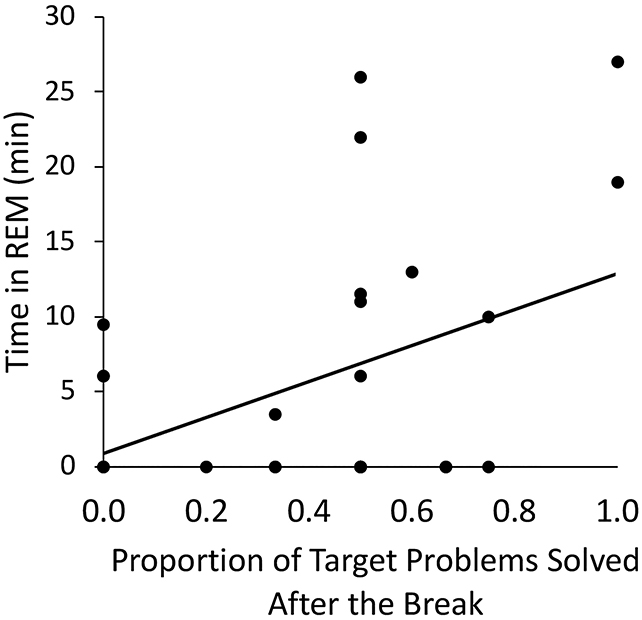A new study suggests afternoon naps boost the brain's problem-solving skills, with rapid eye movement (REM) sleep – the dreaming stage of sleep, theoretically linked to storing memories and processing emotions – particularly important.
Researchers from Texas State University tested analogical problem solving, where our brains solve problems using successful methods applied to similar problems in the past. They found nappers were better at these mental routes towards solutions.
"The current results indicate that when a problem seems unsolvable, the phrase 'just sleep on it' may carry some merit, especially if sleep includes REM," write the researchers in their published paper.
"This sleep stage may play a key role in putting past experiences to best use by establishing and strengthening associations that are not readily apparent in our waking lives."

The study involved 58 participants, who were shown a series of problems followed by their solutions. Next, they were presented with another set of similar problems – with this second set, there were no solutions attached, but the puzzles could be tackled using the same mental processes as the first batch.
There was then a two-hour gap, during which 28 of the volunteers banked a 110-minute snooze, while the other 30 were asked to stay awake. The napping group had their REM time quantified using EEG headsets while they slept.
After the break, the experiment continued by giving all participants a chance to look again at problems they had failed to solve from the second set.
Those who napped were found to be better at solving the problems that had stumped them the first time around, and the amount of REM sleep they had was associated with the likelihood of solving these problems. This is despite nappers and non-nappers scoring similarly in problem solving before the break.
Nappers were also better than the waking group at noticing the similarities between problems in the first and second sets.
"These results indicate that sleep improves the ability to solve target problems that could not be initially solved and suggest that REM sleep improves the use of analogical transfer by highlighting commonalities between source and target problems that were unnoticed before a nap," write the researchers.
We can't be sure there's direct cause and effect here, but it's a strong link. These findings also fit in with previous research showing sleep is associated with better creative problem solving skills, and better mental agility in a variety of areas.
As for the REM sleep factor, the researchers think that the way this sleep stage helps us connect new memories to old ones could be having benefits with these types of puzzles, where existing skills need to be recalled.
It might be a tough ask to get your boss to give you a 110-minute nap window in the day in order to boost your afternoon productivity – but this study shows we can become better problem solvers after a nap.
"REM sleep may be necessary to facilitate problem solving when it requires an active recombination of problem elements, as occurs during creative problem solving," write the researchers.
The research has been published in the Journal of Sleep Research.
